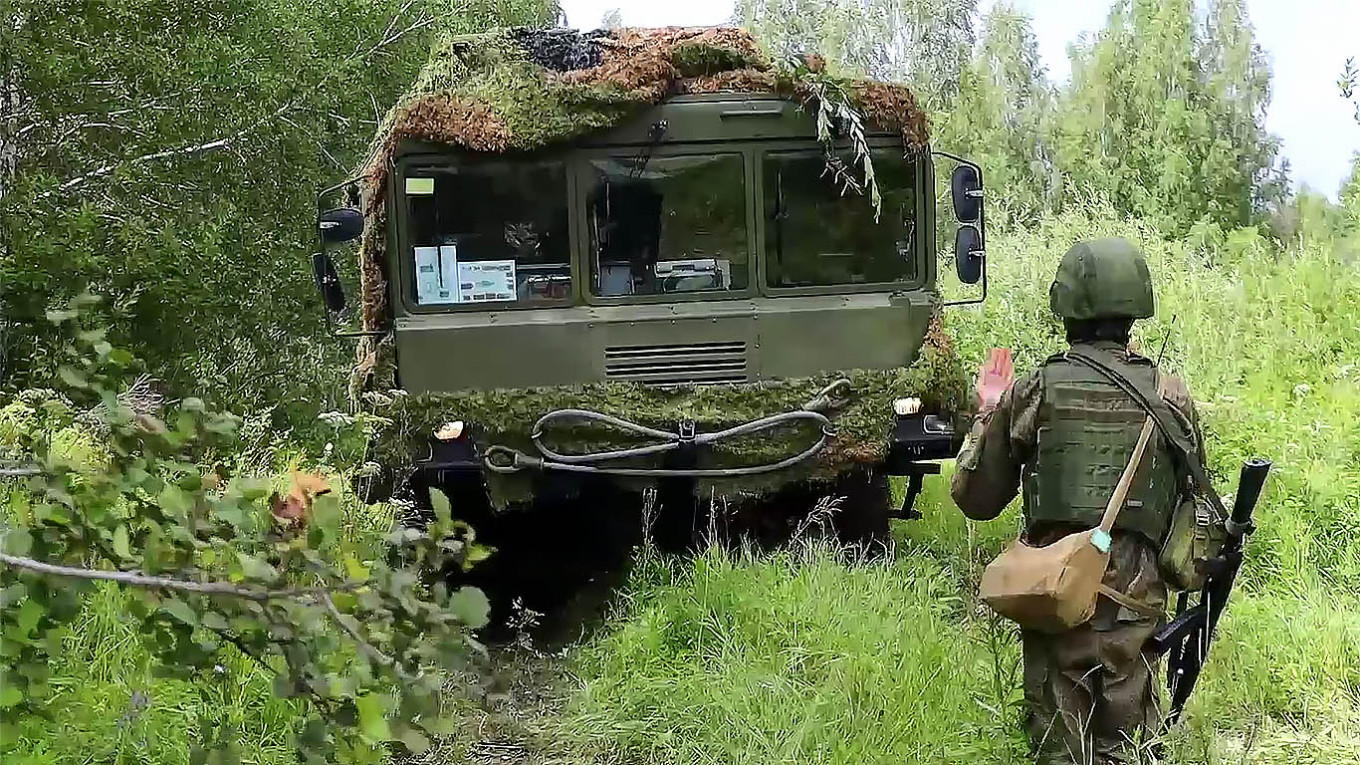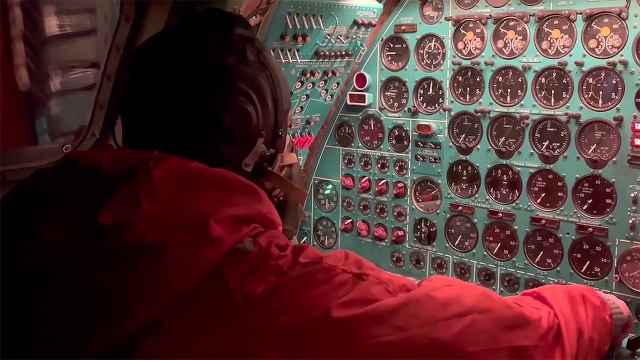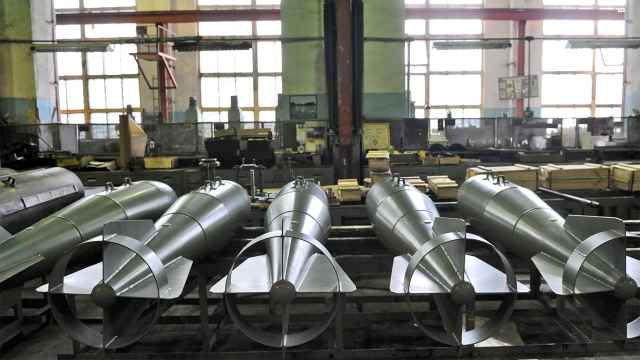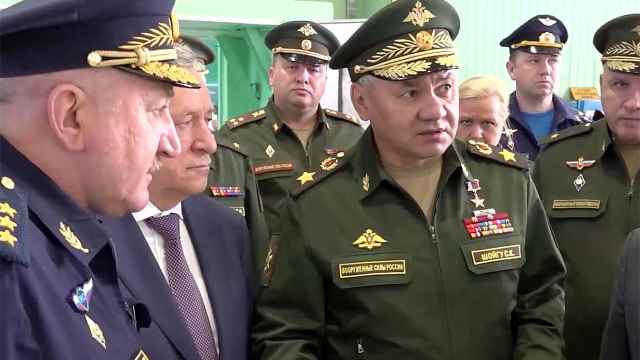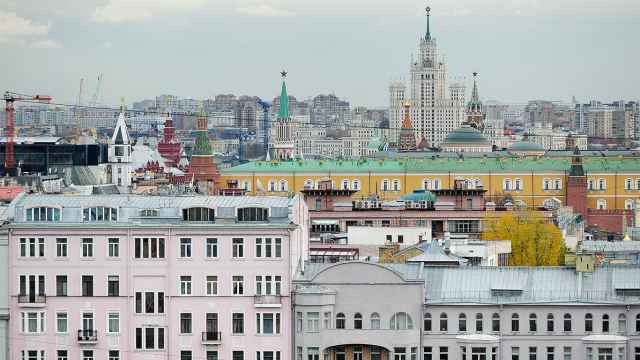Russia's military on Wednesday announced the start of a "third phase" in wider non-strategic nuclear weapon exercises that first began in the spring.
The Defense Ministry said the exercises were taking place in the central and southern military districts — which include several North Caucasus republics and annexed Crimea — as well as four partially occupied regions of southern and eastern Ukraine that Russia claims to have annexed.
"As part of this exercise phase, personnel from the missile formations of the Southern and Central Military Districts will complete combat training tasks, including acquiring special training ammunition for the Iskander-M tactical missile systems," the Defense Ministry said in a statement.
Servicemen will also be instructed in "equipping launch vehicles and covertly advancing to designated positions to prepare for electronic launches," the statement added.
A video published by the defense ministry showed camouflaged military vehicles driving through muddy forest roads, with some of them shown carrying missiles.
President Vladimir Putin ordered the drills in early May in response to Western “threats and provocations.” At the time, Russian officials pointed to comments by French President Emmanuel Macron about the possibility of NATO countries sending their troops to Ukraine
The first stage of the exercises began later in May. And in June, Russian and Belarusian armed forces jointly carried out the second stage after Belarusian leader Alexander Lukashenko ordered a surprise inspection of its non-strategic nuclear weapon carriers.
Minsk does not have any nuclear weapons of its own, but last year it agreed to host Russian tactical warheads on its territory amid rising tensions over the full-scale invasion of Ukraine.
AFP contributed reporting.
A Message from The Moscow Times:
Dear readers,
We are facing unprecedented challenges. Russia's Prosecutor General's Office has designated The Moscow Times as an "undesirable" organization, criminalizing our work and putting our staff at risk of prosecution. This follows our earlier unjust labeling as a "foreign agent."
These actions are direct attempts to silence independent journalism in Russia. The authorities claim our work "discredits the decisions of the Russian leadership." We see things differently: we strive to provide accurate, unbiased reporting on Russia.
We, the journalists of The Moscow Times, refuse to be silenced. But to continue our work, we need your help.
Your support, no matter how small, makes a world of difference. If you can, please support us monthly starting from just $2. It's quick to set up, and every contribution makes a significant impact.
By supporting The Moscow Times, you're defending open, independent journalism in the face of repression. Thank you for standing with us.
Remind me later.


